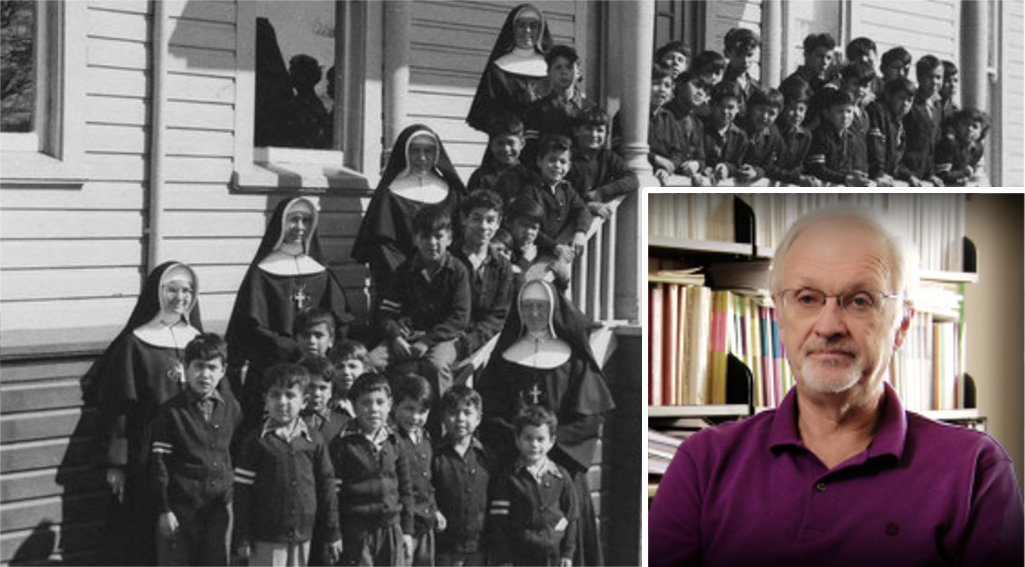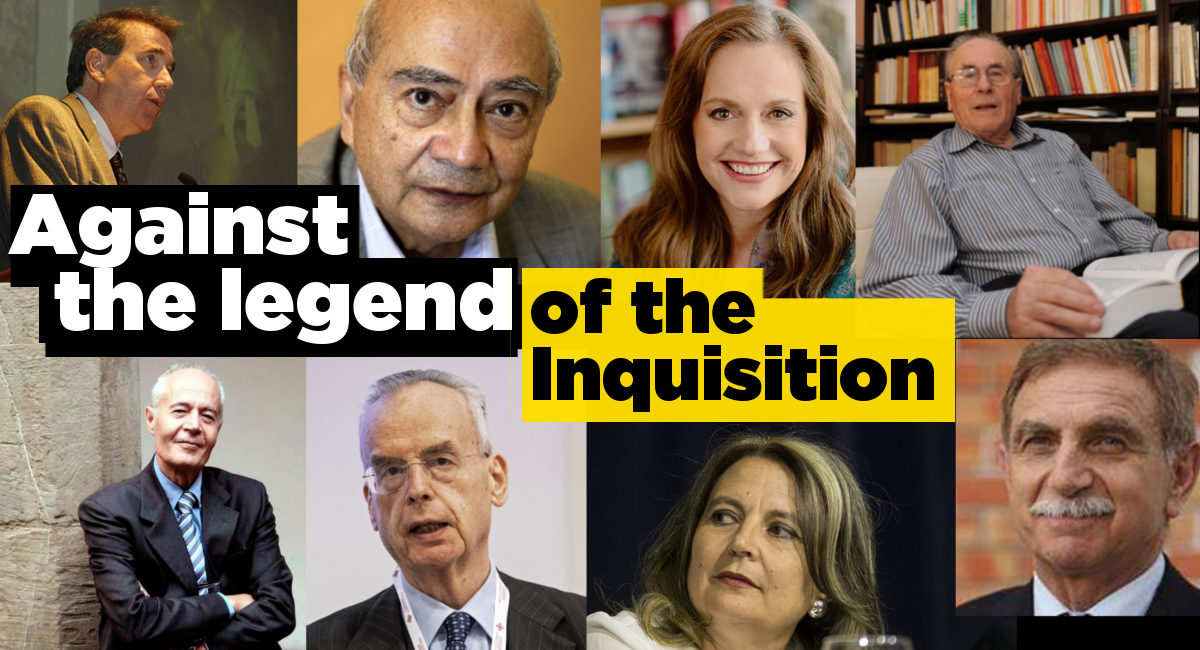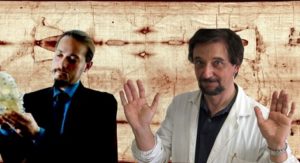Jean-Paul Sartre, the scandalous religious conversion
- News
- 11 Dec 2014

After years of atheism and complicity with Soviet crimes, Sartre scandalized even Simone de Beauvoir. Here is the story of the little-known conversion of Jean-Paul Sartre.
Jean-Paul Sartre was one of the last major secular intellectuals.
After him (with the exception of Bobbio and Cioran), only figures of little substance and much superficiality (often vulgar), such as Singer, Onfray, A.C. Grayling, and Richard Dawkins, emerged. They are hardly comparable to the depth of thought of the French philosopher.
Sartre was the one who perhaps most of all sought to discern the foundations of a secular morality, one without God.
Sartre’s Realist Atheism
His atheism realistically led to anguish and insecurity because, as Sartre said, human reason is essentially theological, meaning it operates as though the human horizon were the divine horizon.
Here is what he said in 1946 in an interview with Elio Vittorini:
“Atheism is the belief that man is a creator, and that he is abandoned, alone, in the world. Atheism is therefore not a cheerful optimism, but, in its deepest sense, despair.”
L’Être et le Néant (1943) is Sartre’s manifesto of philosophical atheism, but he himself would write four years later in “Cahiers pour une morale” that it remains an act of faith: “The decisive absence of faith is an unshakable faith.”
Sartre’s Complicity with Soviet Crimes
It was precisely during this period, in the early ’50s, when the Cold War was at its peak, that Jean-Paul Sartre realized he was “living a neurosis”: despite his philosophy of action, until then he had been just a bourgeois writer, like Flaubert.
His interest in Marxism was reignited, aligning himself with the Communist Party.
Yet, as explained by American philosopher Jim Holt, during those years the crimes of Stalin were becoming blatantly documented, to the point that other intellectuals were abandoning the party. Holt writes: “The former philosopher of freedom turned into the totalitarian Sartre.”
Even Raymond Rosenthal referred to him as “a staunch Stalinist.”
Here begins the shameful past of the greatest proponent and theorist of secular morality.
The break with Albert Camus happened precisely because the latter chose to denounce totalitarianism, while Sartre remained silent on the Soviet gulags (“It was not our duty to write about the Soviet labor camps”, he later justified). He excused Stalin’s purges and those of Mao, and described defectors like Victor Kravchenko, who first exposed the horrors of Stalinism from within, as a CIA creation.
And it didn’t stop there. In opposition to the Vietnam War, Sartre even urged the Soviet Union to fight the Americans, even at the risk of nuclear war, and in defending Algerian independence, in the preface to a book by Franz Fanon (“The Wretched of the Earth”) he wrote that for an African “shooting at a European is like killing two birds with one stone, destroying both the oppressor and the man who oppresses at the same time.”
In 1977, when three men were arrested for pedophilia, Sartre (along with Simone de Beauvoir, Michel Foucault, and many others) signed a petition calling for the sexual liberalization of adolescents.
Sartre’s Conversion that Shocked de Beauvoir
Yet, even for the greatest secular figure of the 20th century, God remained a constant interest throughout his life, as a horizon, as a transcendental illusion, as an unconscious but inescapable mistake.
Sartre did not hesitate to declare the persistence of the remnants of that faith in God, which had been the central target of his intellectual program.
In particular, something changed drastically in the last years of his life.
In 1980, just months before his death, at the peak of his intellectual powers (though not his physical strength), in an interview with his former Maoist friend Pierre Victor (aka Benny Levy), Jean-Paul Sartre revealed his conversion through a scandalous statement, for many a retraction of his entire philosophical work (he himself confirmed the authenticity of the interviews with Levy):
“I do not feel like the product of chance, a speck of dust in the universe, but someone who was awaited, prepared, prefigured. In short, a being that only a Creator could have placed here. And this idea of a creative hand refers to God.” (from “Nouvel Observateur”, 1980).
Sartre conversion was a gradual embrace of messianic Judaism.
Among other things, Sartre even rejected his closest friends, including his feminist lover Simone de Beauvoir.
She was even more shocked and horrified by Sartre’s conversion, as she saw it: “How could this senile act of a turncoat be explained? All my friends, all the ‘Sartreans’, and the editorial board of ‘Les Temps Modernes’ supported me in my dismay.”1S. de Beauvoir, from National Review, 11/06/1982.








2 commenti a Jean-Paul Sartre, the scandalous religious conversion
God really is so obvious. We are religious objects ourselves; created by and for the divine order and final cause , Love.
Belief in God takes far less faith than the belief that our existence is little more than the consequence of Brownian motion. If God is who He says he is, the creator of all things and the author of all truth, then the most distinguished proponents of moral relativism are little more than infants playing with their own feces and calling it a masterpiece.